September 11, 2001 is generally perceived as the day when the world split between two civilizations comprising of the world split between two civilizations comprising of the Christian West and the Islamic world. The cracks, leading to the split however, had started to appear much earlier. From the mid-1970 onwards pan-Islamic fundamentalist movements were gaining in strength in most Muslim countries stretching from Algeria to Iran and the Gulf. Muslim radicals had indulged in violent agitation in practically all the countries. A reflection of this militancy is described in the book through six events which all took place in the year 1979. These events are: -revolution in Iran —–February 1979. Egypt -Israeli Peace treaty seen as a betrayal of the Arab cause —March 1979 The hanging of an elected Prime Minister in Pakistan —-April 1979 – Saddam Hussein becomes president of Iraq —-July 1979 – Capture of the Holy Kaaba in Mecca —-November 1979 -The Soviet invasion of Afganistan ——December 1979. The events falling in the same year, according to the Author, was either a coincidence or a providential dispensation which, either way, caused an upheaval in the Islamic world and whose aftershocks in the shape of violence continue to reverberate to this day. This upsurge of violence is explained as not as the result of clash of civilizations, as the bloodiest conflicts have occurred not between Muslim groups or states and the west but within the Muslim world itself. This holds true for the interstate conflict such as the terrorism of the Algerian islamists against their fellow citizens or the present ongoing sectarian strife in Iraq and the internecine war in Afghanistan. It applies to the assassination attempts, successful and unsuccessful, against the Arab and Muslim leaders. According to the Author, the connection between the radical fundamentalist revival and terrorism is not as straightforward as it might appear. The movements inspired by radical fanaticism however, do not last for ever. The original fanaticism tends to peter out with the rise of a new generation with different priorities. But this does not offer much comfort, because even if political or religious orientation of the radicals changes, the capacity to inflict unacceptable damage will not. For this reason, the Author concludes, that the world is now entering a new phase in its history, more dangerous than any before.
Militancy in Pakistan and Afghanistan: A Brief History of Causes and Effects
The book is an insightful ...
$46.80
$52.00

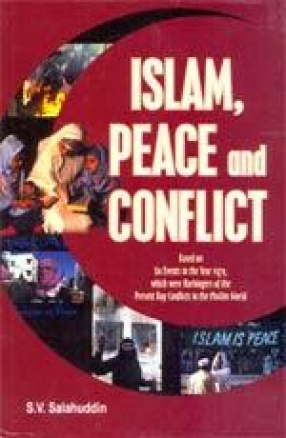
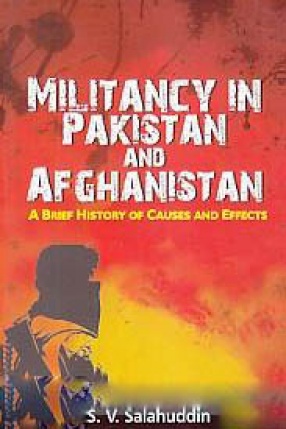
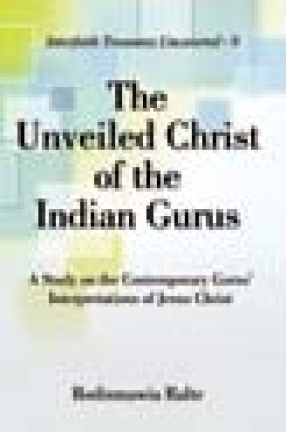
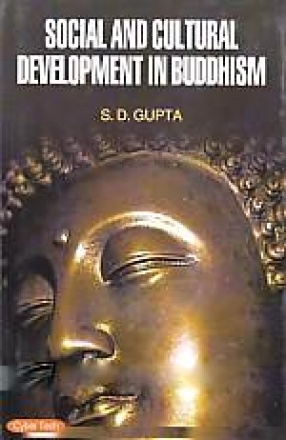
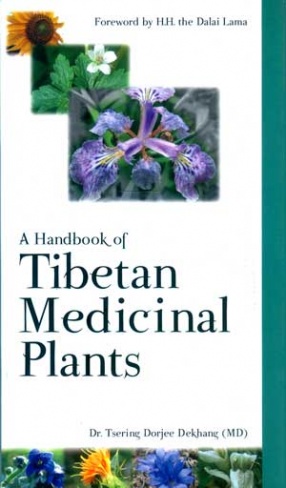
There are no reviews yet.